Even if someone claims to love animals, their words can sometimes reveal a surprising lack of emotional understanding.

Sure, they might not be able to verbalise their thoughts and feelings, and they probably don’t think as deeply about things humans do, but that doesn’t mean they’re not still intelligent, emotional creatures. These are the kinds of things people say, often casually, that quietly suggest they’ve missed the depth of what animals truly feel.
1. “It’s just a dog, it’ll get over it.”

This phrase brushes off the very real emotional world dogs live in. Whether it’s fear, confusion, or grief, dogs often feel things deeply—they just don’t always show it in the ways humans do. Dismissing their experience because they can’t explain it back doesn’t mean it isn’t there. A dog’s bond with people is emotional, not just practical, and they notice absence, tone, routine, and care.
2. “Animals don’t know what’s happening anyway.”

This line often gets used to excuse something distressing—moving house, losing a companion, or even neglect. Of course, many animals absolutely do notice when things change or when something feels off. Whether it’s a change in scent, sound, or mood, animals pick up on cues far more than we assume. Pretending they’re unaware just makes it easier to ignore their needs.
3. “They’re fine, they’ve got food and water.”

Physical needs aren’t the full story. Companionship, stimulation, security—these things matter too. Assuming that survival equals well-being misses the complexity of how animals experience life. Just like humans, animals can suffer from loneliness, boredom, or fear even when their basic needs are technically met. A full bowl doesn’t replace emotional connection.
4. “Farm animals don’t feel emotions like pets do.”
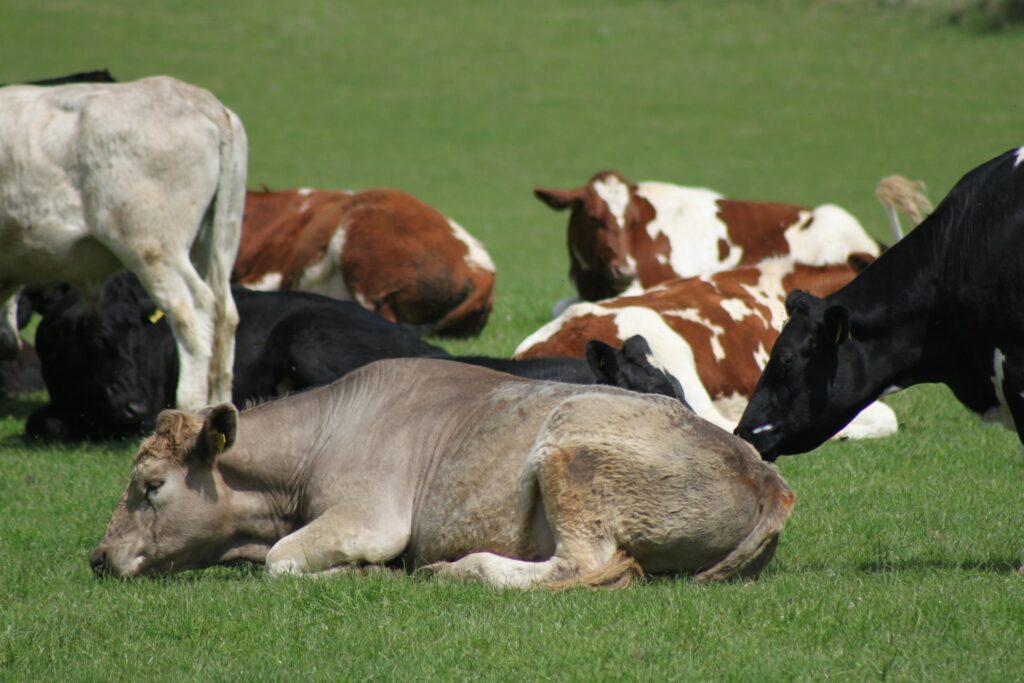
This belief is rooted in convenience, not science. Studies have shown cows form friendships, pigs enjoy play, and chickens can get stressed or content depending on their environment. The difference isn’t in their capacity to feel—it’s in how people treat them based on outdated assumptions. Emotional range exists across species, not just in the animals we let into our homes.
5. “It’s not cruelty, it’s nature.”
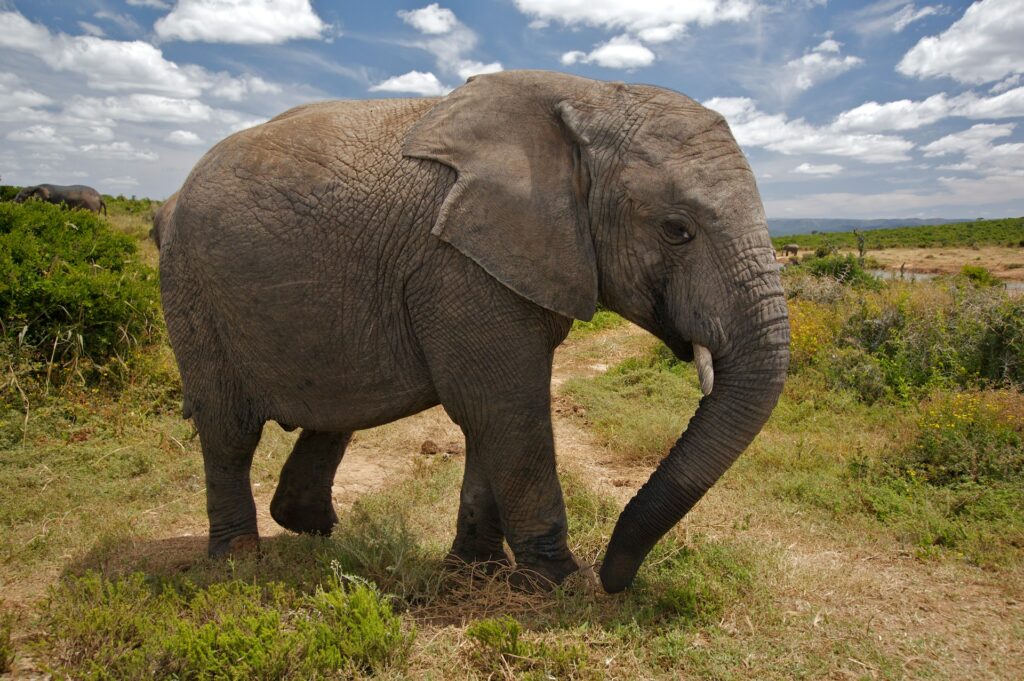
Sometimes people use this to justify things like neglect, exploitation, or harming animals for entertainment. However, nature doesn’t excuse intentional harm—it’s not an all-access pass to ignore empathy. Nature is full of instincts and survival, yes—but humans are capable of choice, compassion, and responsibility. Using “nature” as a shield tends to mask discomfort with facing harm we could prevent.
6. “They forget everything anyway.”
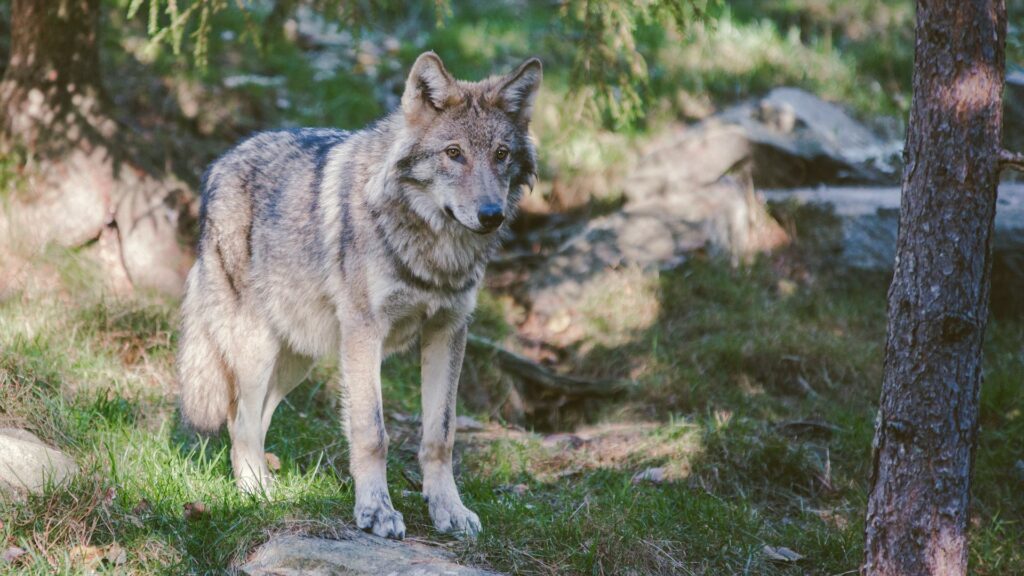
Many animals remember far more than they’re given credit for. Elephants remember specific individuals years later. Dogs recognise old routes. Birds return to places they once nested. Memory, especially emotional memory, is a survival tool. Saying animals forget easily is often a way to dismiss the impact of stressful or traumatic experiences they endure.
7. “They’re not people.”
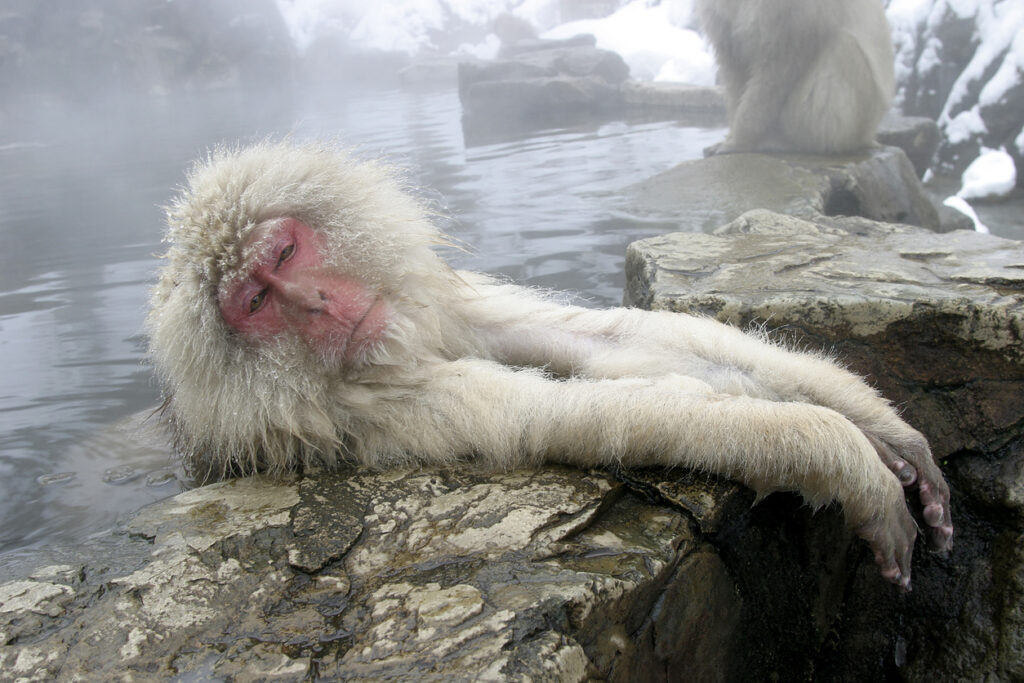
True—they’re not. But they don’t need to be human to deserve compassion. This one is often thrown out to shut down concern, as if only humans get to have complex inner lives. Recognising emotional intelligence in animals doesn’t mean pretending they’re exactly like us. It means acknowledging they can suffer, bond, enjoy, and fear—just like we can.
8. “That one’s just being difficult.”

This usually gets said when an animal is scared, unwell, or acting out of stress. It’s a way to label behaviour instead of trying to understand the reason behind it. Animals rarely act out for no reason. Fear, discomfort, confusion, or pain can all come through in their behaviour. Dismissing them as “difficult” shuts down the chance to help.
9. “It won’t matter, it’s only a few days.”
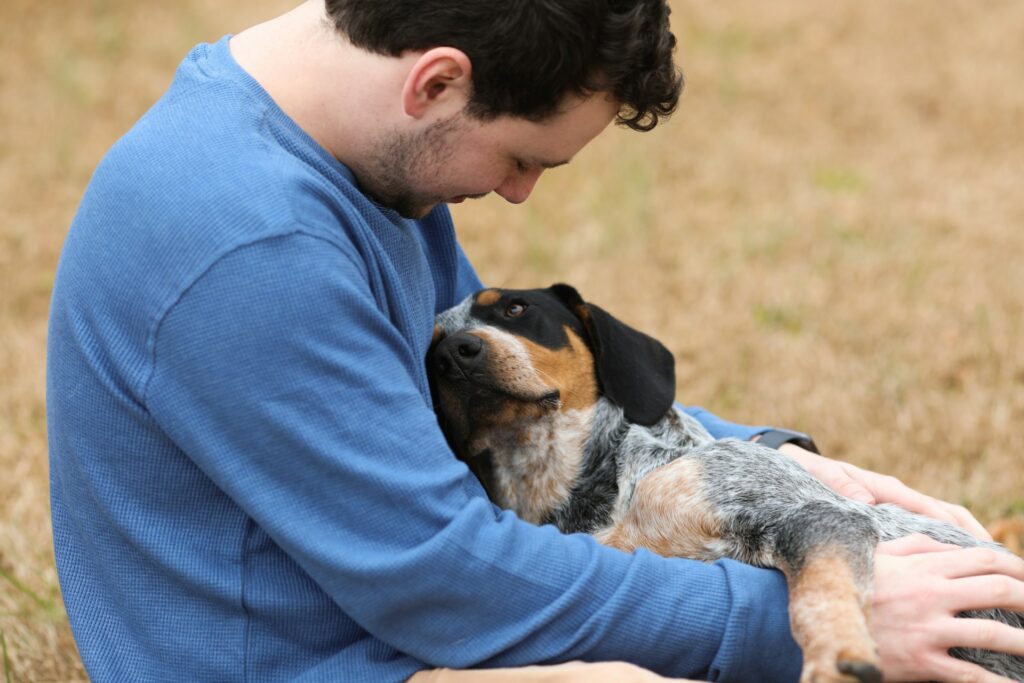
Whether it’s skipping walks or leaving a pet alone, people sometimes assume short-term means low-impact. But to an animal, those few days might feel like an eternity. Animals don’t measure time like we do. All they know is what’s happening now, and when “now” feels unfamiliar or frightening, it can take a toll quickly.
10. “They don’t feel grief the way we do.”

Plenty of animals show signs of mourning—sluggishness, restlessness, changes in appetite, or looking for lost companions. It may not look like human grief, but it’s still real. Grief isn’t about language or rituals. It’s about connection and loss, and animals form deep bonds that they absolutely feel when they’re broken.
11. “It doesn’t know what’s happening to it.”

This is often said to justify harm—whether it’s experimentation, abandonment, or poor conditions. However, animals definitely sense threat, fear, pain, and safety in nuanced ways we often underestimate. They may not understand every detail, but they absolutely feel when something’s wrong. Emotional distress doesn’t need explanation to be valid.
12. “It’s acting weird, must be broken.”
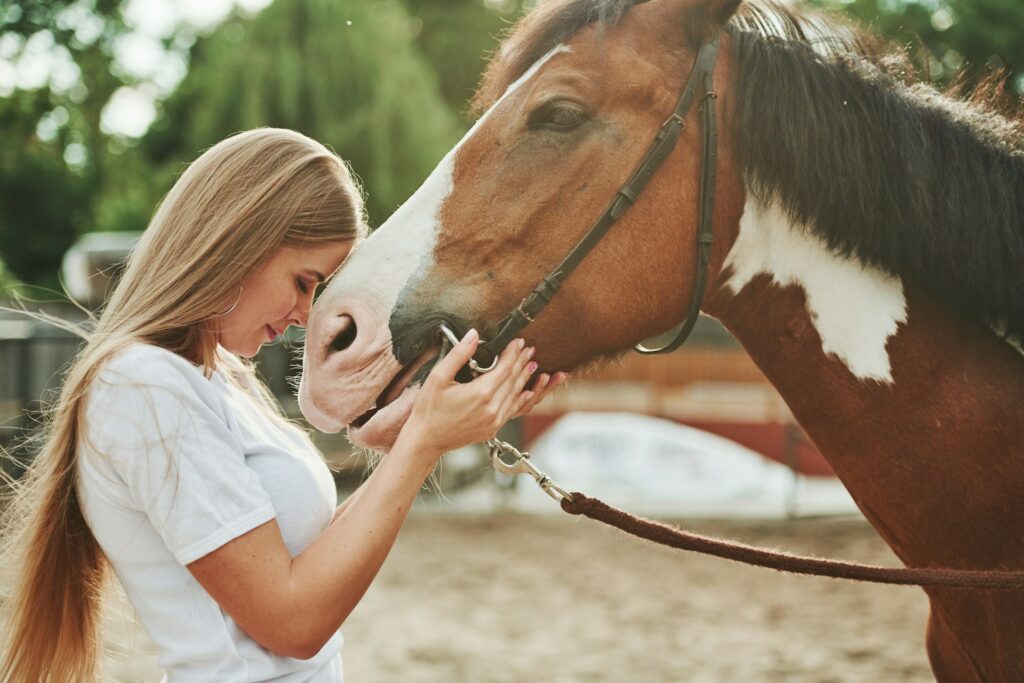
Unusual behaviour is usually the first sign something’s wrong. However, people sometimes laugh it off, mock it, or call it defective instead of wondering what the animal might be feeling or reacting to. Emotional trauma, chronic stress, and confusion show up differently in animals—but they show up. Calling it “weird” doesn’t help the animal—it just makes it easier to look away.
13. “It’s better off not being too attached.”
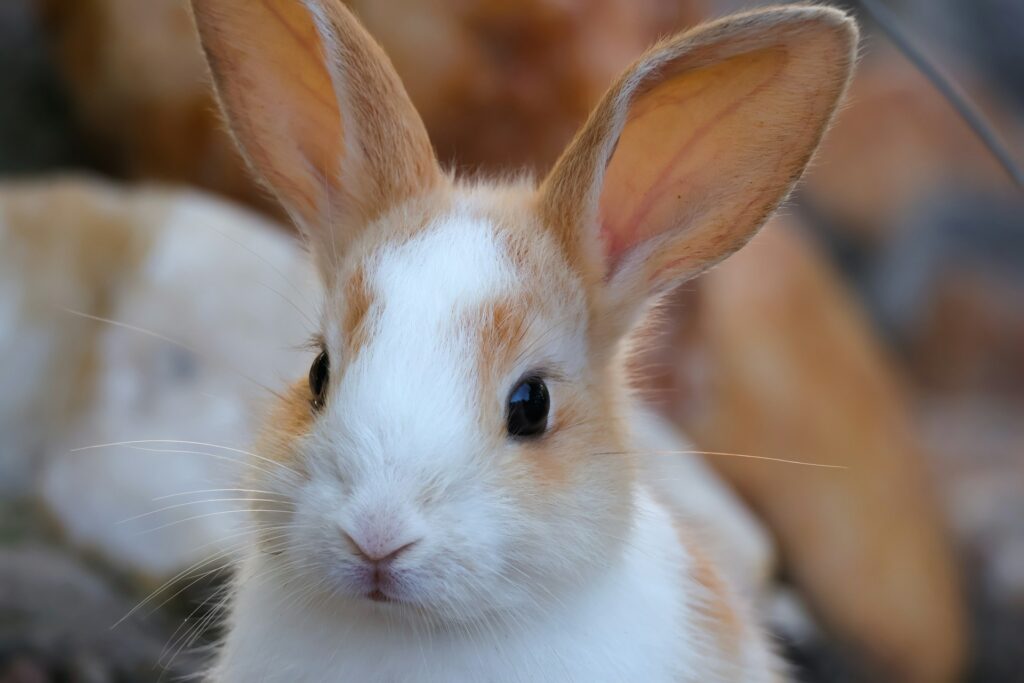
This mindset pops up when people are uncomfortable with closeness, especially in farm, lab, or working animal settings. But it’s often more about human avoidance than the animal’s actual needs. Attachment is natural. Animals seek comfort, routine, and connection when allowed. Preventing emotional bonds doesn’t protect them; it just spares humans from feeling guilty.
14. “It’s just instincts, not real emotion.”

This line draws a line between instinct and feeling, as if animals are just reacting to buttons being pushed. However, emotion and instinct are deeply connected, and not exclusive to humans. Fear, joy, protectiveness—these are instinctive and emotional. When a mother guards her young or a pet grieves a lost companion, there’s more going on than reflex.
15. “It doesn’t know the difference.”
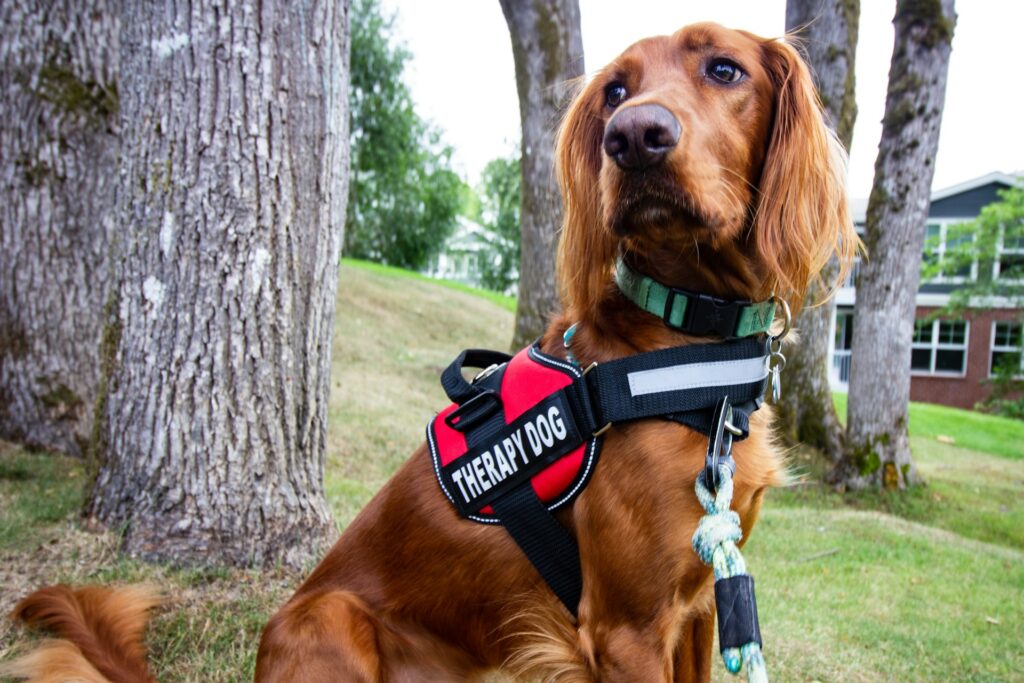
This is often said to dismiss ethical concerns, especially around treatment, environments, or the use of animals in entertainment. Still, assuming ignorance doesn’t justify mistreatment. Animals may not know all the details, but they do feel fear, disconnection, boredom, and stress. Not knowing why something is happening doesn’t mean it doesn’t hurt.
16. “They’re built to handle it.”

Yes, some animals are resilient, but that doesn’t mean they don’t suffer. Saying they’re built to endure discomfort is often a convenient excuse to accept avoidable harm. Physical capability doesn’t cancel out emotional depth. Just because they can’t tell us when it’s too much doesn’t mean it isn’t.
17. “They don’t care either way.”
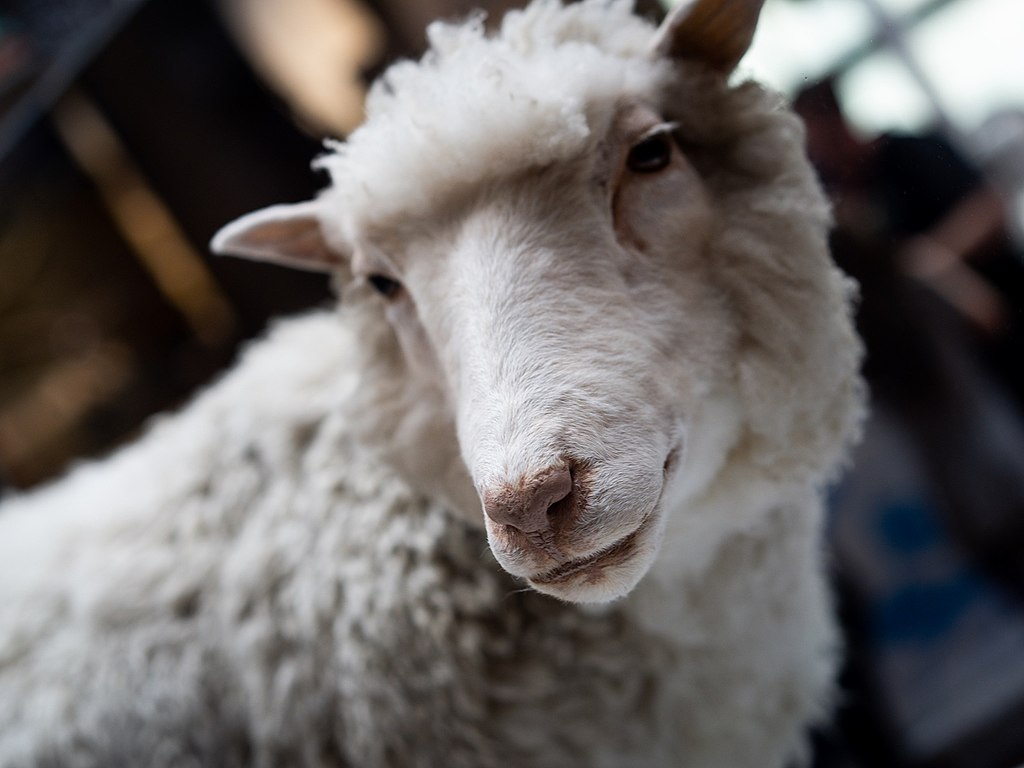
This is usually said by people who’ve never taken the time to really observe an animal. They assume neutrality when the truth is often quiet attachment, loyalty, or subtle signs of stress or comfort. Animals do care—about familiarity, safety, warmth, and routine. Saying they don’t just makes it easier to ignore those needs.
18. “They’re not like us.”
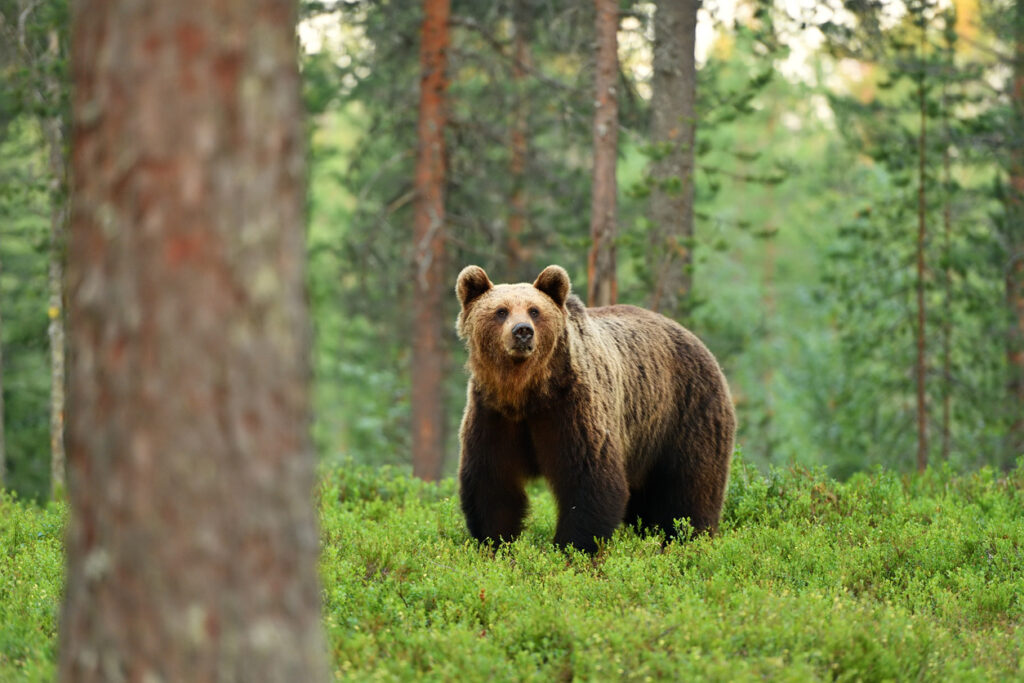
This might be true in the technical sense, but emotionally? The gap isn’t as wide as people think. Animals feel safety, stress, joy, grief, excitement, and fear—it’s just expressed in their own way. They don’t need to be human to deserve empathy. Dismissing their emotions just because they experience them differently doesn’t make those feelings any less real.